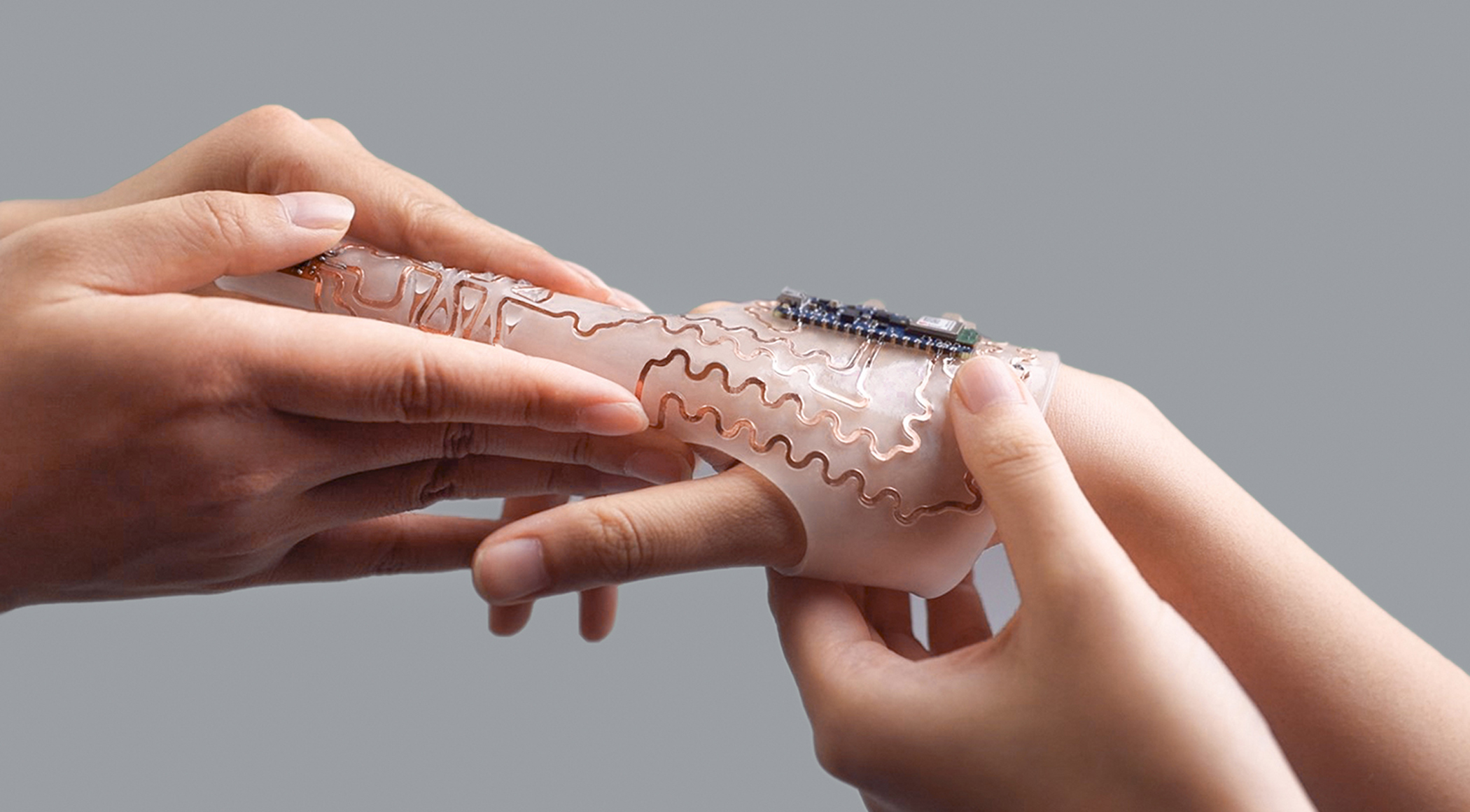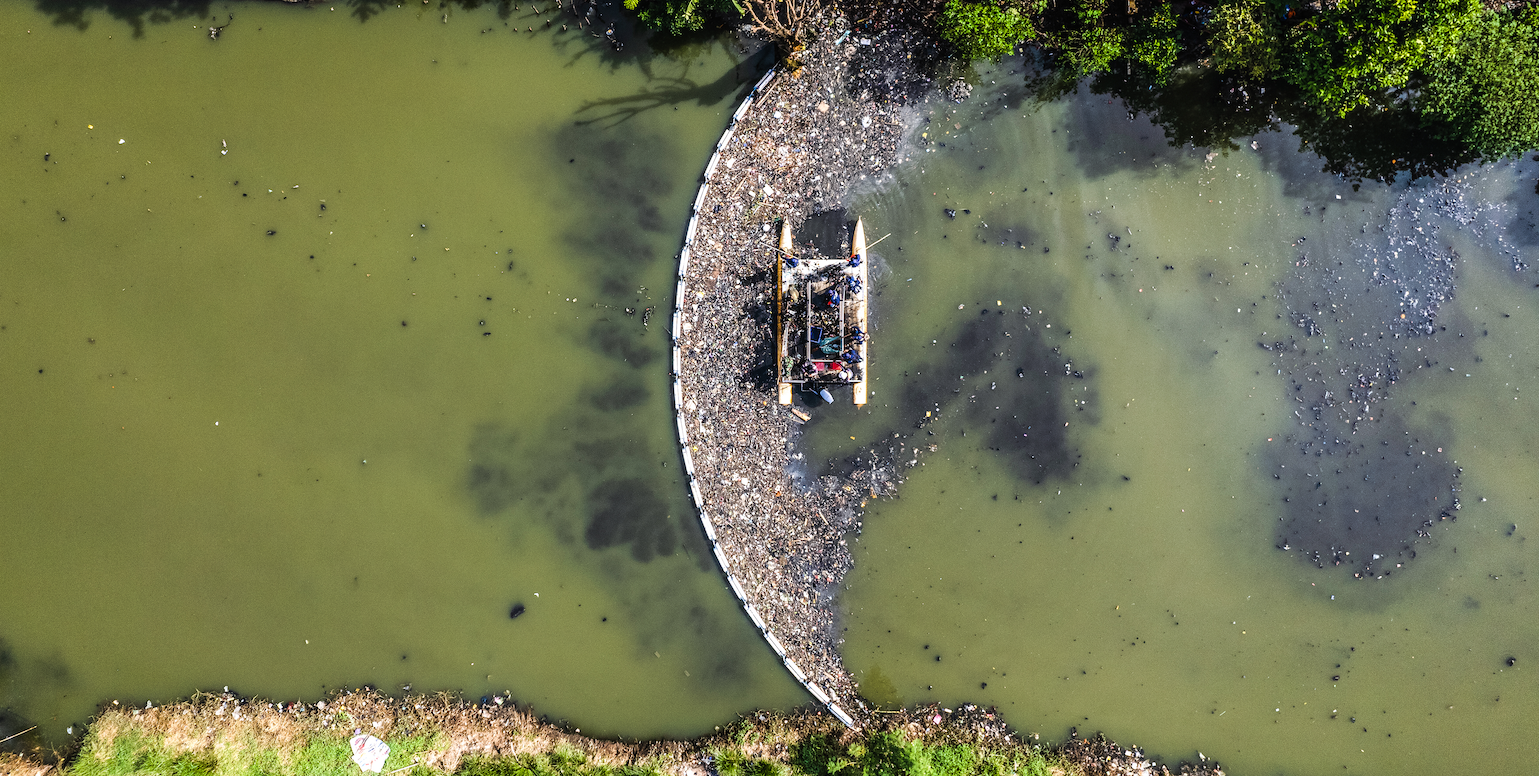|
 |
|
Engaging university talent across all science and creative disciplines from over 100 countries, the first edition of
Prototypes for Humanity Awards
feature winners from
the UK, Turkey, Singapore and Ghana
presenting the most diverse assembly of impact-driven innovations for a better world
The programme brings together trailblazing ideas, projects, and technologies, addressing critical challenges affecting us all. Through a wealth of input from first-rate academic work, Prototypes for Humanity acts as a magnifying glass, raising awareness of global problems while celebrating solutions and impact-driven actions that have the power to solve them.

Through a series of programmes and activities, Prototypes for Humanity debuts to celebrate and advance ideas for positive social and environmental impact. Built around a gathering of exceptional academic talent and their respective 100 innovations hailing from all four corners of the globe, the initiative launches as the most diverse assembly of impact-driven innovations, affirming its mission to catalyse change and its belief in the power of academia and alliances to accelerate change.
Prototypes for Humanity evolves from the originally design-centric Global Grad Show exhibition. Having grown into a multidisciplinary platform beyond the showcase, and now equality concerned with real-life implementation, it inaugurates a new phase in partnership with the Dubai International Financial Centre (DIFC), under the patronage of Her Highness Sheikha Latifa bint Mohammed bin Rashid Al Maktoum and supported by Dubai Culture and A.R.M. Holding. In line with these changes, a celebration of academic excellence is held at DIFC, including an exhibition of solutions alongside a resonant programme connecting key stakeholders from the global impact agenda.
|
 |
|
Project Highlight: ThermoWear
|
|
The unveiling of the programme gathered a high-profile group of Dubai leaders across multiple industries including health, innovation, technology, energy and business, who convened to discuss strategies and opportunities to leverage the city’s infrastructure to support the development of real-world solutions for a better world.
At the launch, HH Sheikha Latifa bint Mohammed, along with DIFC Governor HE Essa Kazim, announced the recipients of the first ‘Prototypes for Humanity Award’, which offered prizes worth $100,000. The Award, which aims to champion academic excellence in critical areas for sustainable development, recognised four projects each received $25,000 for their outstanding work in the fields of the fields of Environment, Health, Society, and Corporate Solutions.
|
|
Students from 100 universities gather at Dubai’s DIFC for the first Prototypes for Humanity Awards
|
|
The winners of this debut edition are:
HEALTH
FormaCyte, a revolutionary Implant for type 1 diabetes management
By Nam Tran, Chi Pham and Chen Yang
Nanyang Technological University, Singapore
SOCIETY
AkoFresh, a solar-powered cold storage solution reducing post-harvest loss
By Mathias Charles Yabe, Dhruvika Sosa and Arina Machine
Kwame Nkrumah University of Science and Technology, Kumasi, Ghana
ENVIRONMENT
Aerostat, a smart helium-filled balloon for early forest fire detection
By Merve Kalan
Middle East Technical University, Turkey
CORPORATE SOLUTIONS
Carbon Capture Battery, a solution to generate energy whilst capturing carbon
By Mohammad Saghafifar and Seyed Mojtaba Hashemi
University of Cambridge, United Kingdom
“’Prototypes for Humanity’ closely aligns with Dubai’s ambitious vision and its commitment to empowering a creative and an innovation-embracing community. In light of the global challenges we constantly face, it is time to unite efforts and utilise our creativity to address these issues and build a better future for the world. I am highly confident in the capabilities of the participating students to foster a better and more sustainable tomorrow,” Her Highness said.
|
 |
|
Exhibition view: Prototypes for Humanity 2022
|
 |
|
Among the macro trends identified in this year’s applications, projects illustrate a shift in thinking about impact: from innovation for an uncertain future to urgent, more concrete and quickly-deployable solutions anchored in viability. Furthermore, entries demonstrate that academic research is not happening in a vacuum but rather within a context of collaboration and opportunity, with clear influences from start-up culture that makes university projects noticeably grounded in the real world. Additionally, concepts directed at off-grid and self-reliant living illustrate a decreasing trust in the system.
Commenting on the programme, Tadeu Baldani Caravieri, Director of Prototypes for Humanity, says: “When considering significant societal problems, like pollution or illiteracy, we see how they are systemic issues, but with very tangible manifestation all around us. By looking at the solutions proposed by researchers from around the world, we can imagine a model that addresses these challenges in the reverse order, from the micro to the macro. Academia can clearly resolve most of the technical, concrete facets of pollution and illiteracy, for example. What we want to investigate through the Prototypes for Humanity programme is how to mobilise a consortium of organisations that can onboard these innovations and tackle these problems at a macro level, on a global scale, together.”
|
 |
|
Project Highlight: TrashBoom
|
|
An emblematic representation of Dubai’s industrious spirit and ability to transform vision into action, DIFC offers the ideal environment for the necessary academic-private-public connections to happen. Significant efforts towards innovation, future economy, entrepreneurship and ESG have been built and prospered within DIFC, creating a robust platform for impact-driven partnerships to come to fruition.
“This initiative resonates with Dubai’s entrepreneurial spirit and the agenda for COP28, which will be hosted by our beloved UAE in only twelve months. We take that responsibility seriously and our groundwork demonstrates that,” Her Highness concludes.
|
|
Project Highlight: St.Roll from South Korea
|
|
During the exhibition, open to the public on 16 & 17 November, 100 innovation projects highlight key areas of interest for international students across all science and creative disciplines, including very topical subjects like energy and emergency relief, alongside ever-evolving challenges such as food production and access to healthcare.
“This content is provided by the company and the website will not be responsible in any way for the content of this article.”
|
|
|